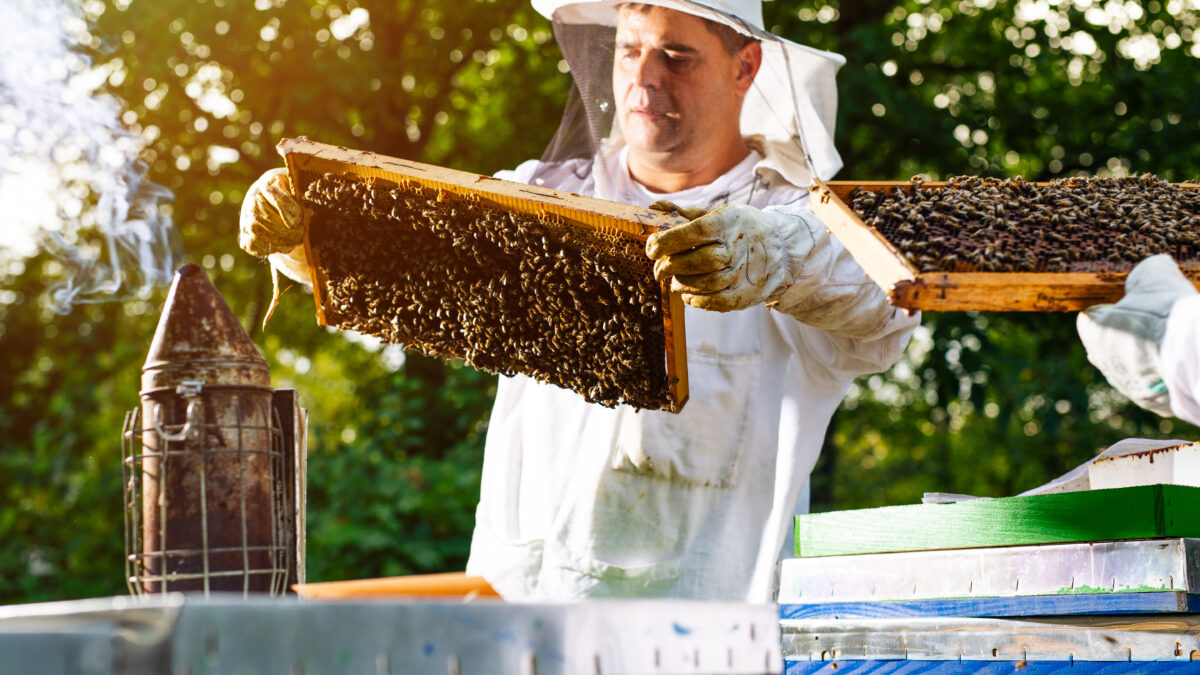Amidst increased ecological anxiety regarding bee colony collapse, precision apiculture systems present themselves as promising tools for monitoring and protecting bee health and improving both apiculture practices and the sustainability of apiary operations. For this reason, a scientific study was conducted to document the thoughts and observations of beekeepers from Greece, Germany and France regarding the use of modern technological systems in apiculture and to investigate the reasons behind the adoption or avoidance of modern systems. This scientific research was published in a scholarly apiculture journal. More specifically, the study demonstrated that technological systems offer vital information regarding colony dynamics, aiding decision-making in apiculture. However, despite the increase in the relevant scientific literature, knowledge of the actual use of, and preference for, precision apiculture systems among beekeepers remains limited.
To cover this gap, a study was conducted among beekeepers in France, Germany and Greece. This geographically targeted study aimed to identify the extent of current and potential adoption of such systems, the reasons behind their adoption or avoidance, and future preferences.
Considering technological systems as one solution to achieve sustainability in apiculture and address the above issues, researchers focused on how widespread their use was in the selected countries. Forty-five percent of respondents stated that they use some form of precision technology, most commonly beekeeping scales. The study demonstrated a positive correlation between the use of precision technology and both the number of managed beehives and the distance of the apiary from the beekeeper’s home. Overall, 90% of respondents expressed some degree of satisfaction with the use of said systems, though the steep prices of the relevant tools constituted a major initial obstacle to further adoption. Roughly 48% of beekeepers preferred systems with external sensors, highlighting a clear demand for non-invasive information regarding colony health.
Advantages of technologies
The advantages of using these technologies include support for informed decision-making and improved efficiency in monitoring colony development and productivity. These findings may aid in making precision apiculture systems more accessible to beekeepers, with the goal of increasing colony yields and supporting informed decision-making, thus addressing and preventing bee colony collapse.
Precision apiculture systems have been designed to improve apiary management, enabling comprehensive, low-impact monitoring of bee colonies without opening the actual hives. This approach aims to improve bee productivity and, ideally, contribute to better monitoring of colony health. Furthermore, by providing beekeepers with real-time feedback regarding colony conditions, these technological systems will enable rapid, effective responses to address colony needs.










